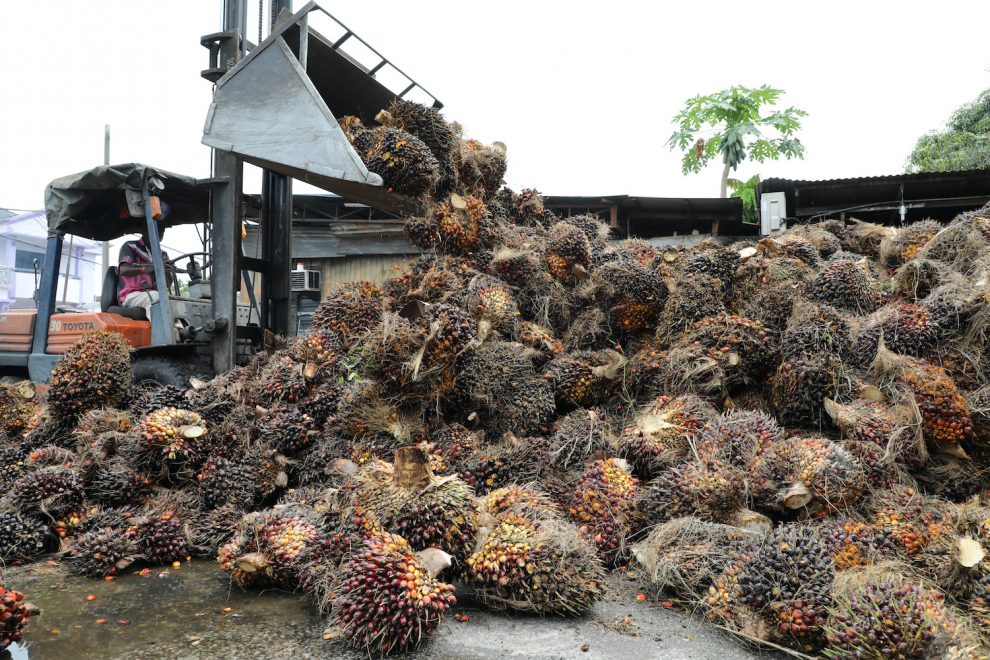The United States has already banned imports from three of the south-east Asian nation’s companies and now the government in Ottawa is conducting its own probe into allegations of worker abuse
Malaysian palm oil and glove making firms could lose out on another export market after Canadian authorities announced they were investigating forced labour allegations in the country.
Ottawa’s Labour Programme is “actively researching a number of forced labour allegations in different countries and sectors, including palm oil and glove manufacturing in Malaysia”, it was announced on Friday.
Malaysian firms, which includes some of the world’s biggest palm oil and rubber glove producers, have faced increasing scrutiny in recent years over reports of labour abuses.
Also on AF: Short-sellers eye EV makers despite China boom
In the last year, the United States has banned imports from three Malaysian firms on suspicions of forced labour.
US Customs and Border Protection has said it found forced labour indicators such as excessive hours, abusive living and working conditions, debt bondage, intimidation, physical and sexual violence, and retention of identity documents at these companies.
The sanctioned companies include Top Glove, the world’s biggest latex glove maker, and the two of the world’s top palm oil producers, Sime Darby Plantation and FGV Holdings.
TOP GLOVE
Top Glove said in April it has resolved all indicators of forced labour found at its factories while Sime Darby has said it is committed to combating forced labour and has robust policies to protect workers’ rights.
FGV has said it has taken concrete steps in recent years to demonstrate commitment to respect human rights and uphold labour standards.
Ottawa’s probe comes as claims of similarly harsh worker treatment emerged in Thailand with hundreds of migrant staff at an electronics factory saying they’ve been left in the dark by power outages and without adequate food and no medical care.
COVID LOCKDOWN
The allegations came from the Cal-Comp Electronics factory in Phetchaburi where the workers have been locked in because of a Covid outbreak.
The actual number of workers stuck at the factory was unclear but some reports put it at 1,300, many of them Burmese or Cambodian.
Cal-Comp is owned by Taiwanese manufacturing concern New Kinpo Group. It supplies electronics to US computer maker HP as well as Japan’s Hitachi and Konica Minolta, according to the Migrant Workers Rights Network.
- With Reporting by Reuters
Read more:
US Customs accuses Malaysian glove maker of forced labour
Supplier shares hit by Apple ‘cut-off woes’ over Xinjiang labour
























